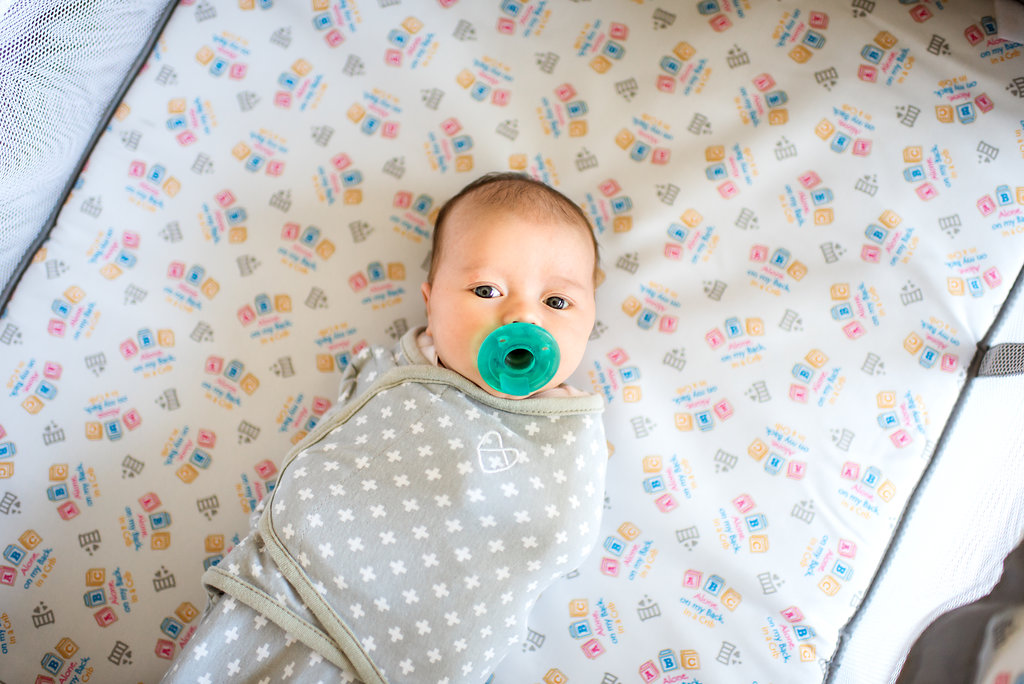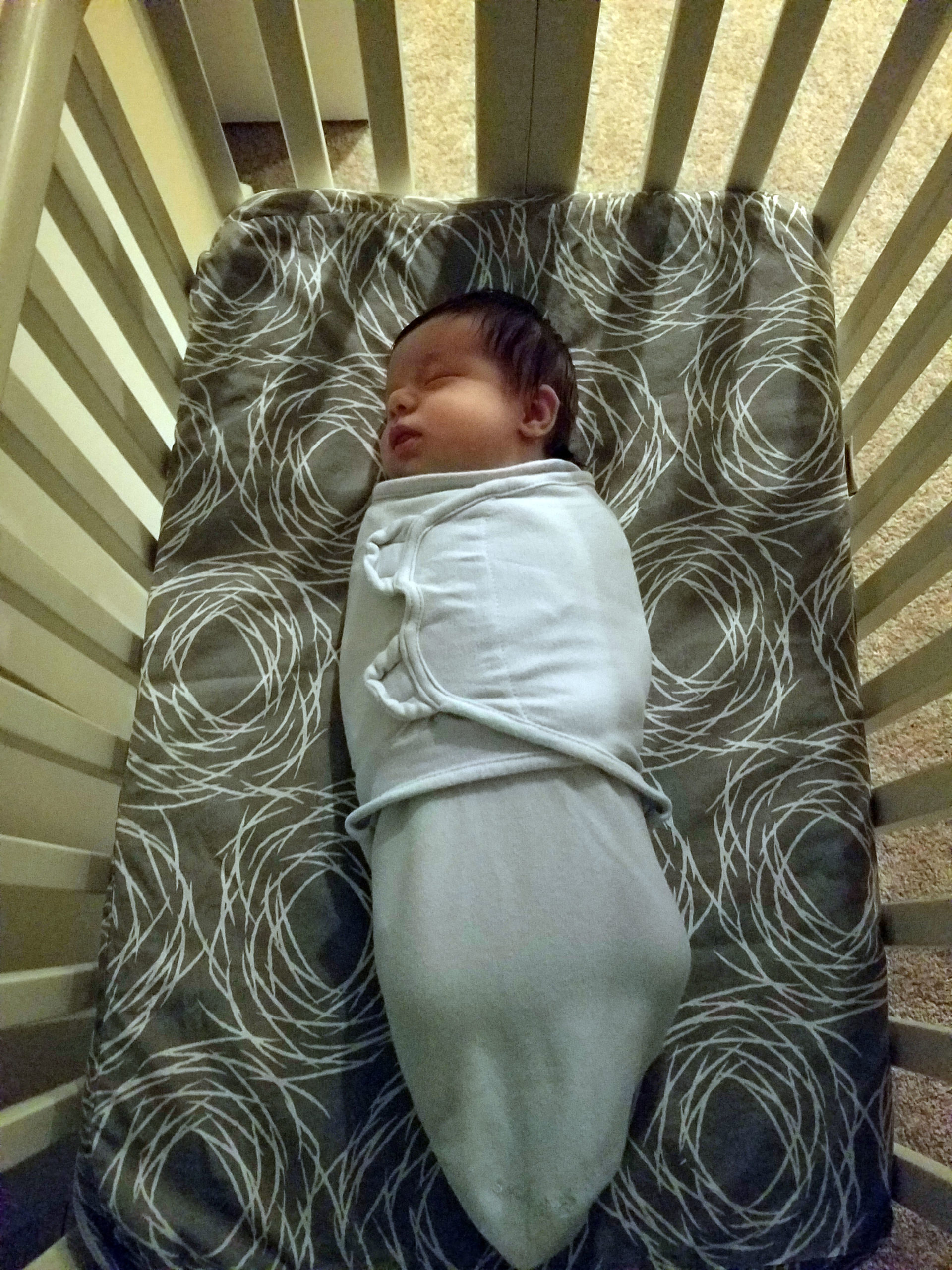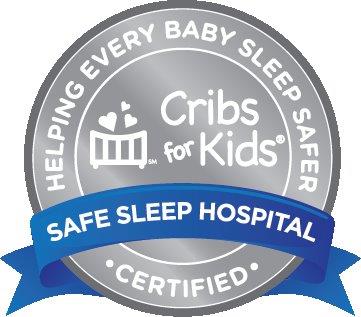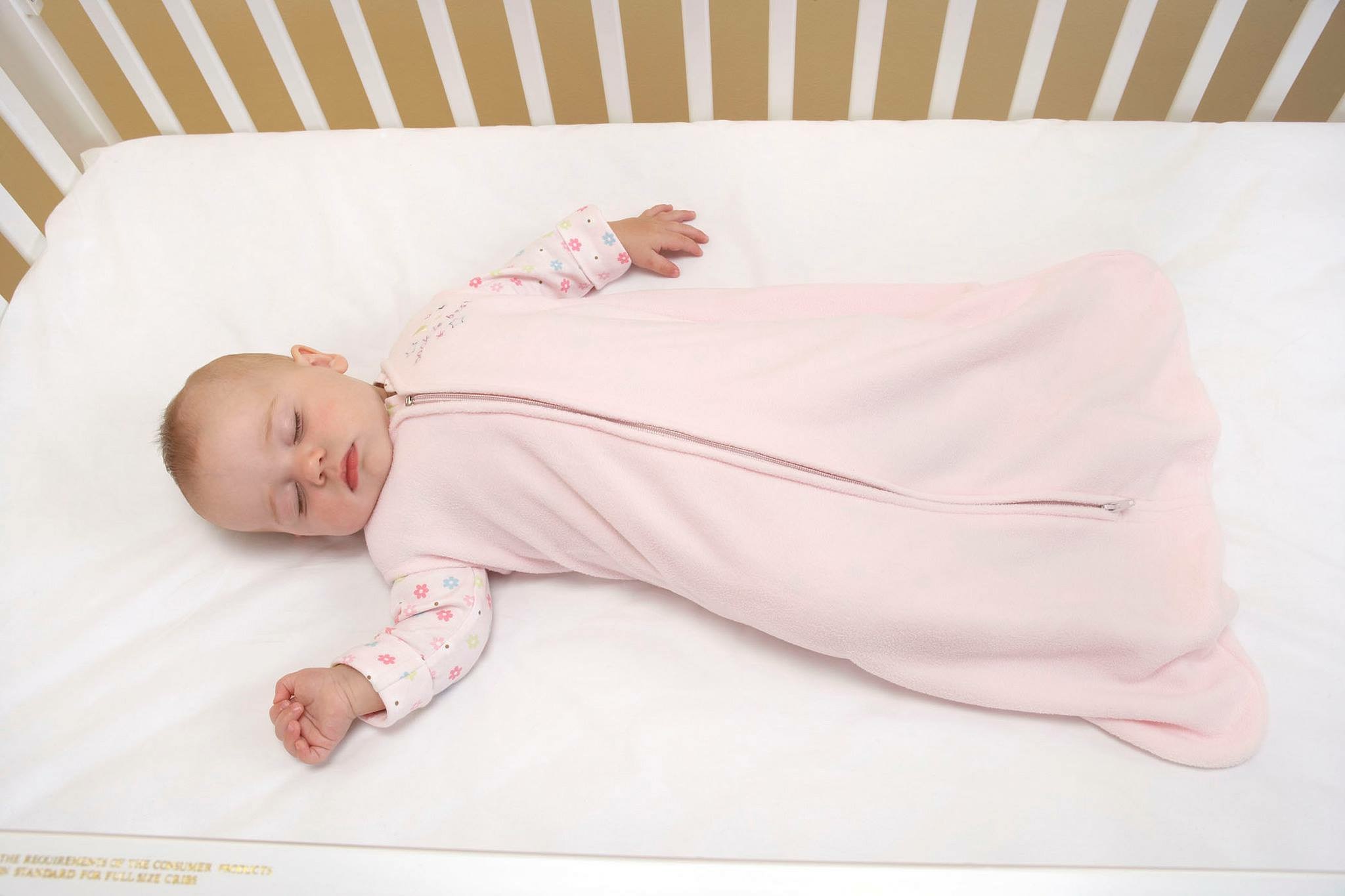National Safe Sleep Certification
Our Commitment To Your Baby's Sleep SafetyCaribou Medical Center Supports Safe Sleep for Infants
SUID
Sudden Unexpected Infant Death (SUID) is the sudden, unexplained death of a baby younger than 1 year of age that doesn’t have a known cause even after a complete investigation. SUID refers to sleep-related infant deaths including Sudden Infant Death Syndrome (SIDS), accidental suffocation, and deaths from unknown causes. There are a number of ways you can lower your baby's risk while giving him or her the best care possible. Learning about SUID and safe sleep for babies is important for all caregivers, not just for parents. Grandparents, aunts, uncles, babysitters, childcare providers, and anyone else who might care for babies should learn more.
- Provide a Safe Sleep environment
- Think about giving your baby a pacifier
- Stay current with immunizations
- Avoid commercial products that claim to reduce or prevent SUID
- If swaddling, swaddle properly and stop swaddling when baby starts showing signs of rolling over
- Give baby tummy time when awake and someone is watching

Safe Sleep Hospital Requirements
Certified Safe Sleep Hospitals are required to:
- Develop a safe sleep policy statement incorporating the Infant Safe Sleep guidelines from the American Academy of Pediatrics.
- Train staff on safe sleep guidelines, the hospital’s safe sleep policy, and the importance of modeling safe sleep for parents.
- Educate parents on the importance of safe sleep practices and implement these practices in the hospital setting.
Best Practices for Safe Sleep
As a certified Safe Sleep Hospital, CMC shares infant sleep safety best practices and education with the community.
Here are tips to help create a safer sleep environment:
- Follow the ABCs of Safe Sleep:
- Alone – baby sleeps alone, without other objects, caregivers, or siblings
- Back – baby sleeps on his/her back
- Crib – baby sleeps on his/her own sleeping space, such as a crib or a bassinet
- Until their first birthday, place your baby on their back to sleep for naps and at night.
- Place your baby to sleep on a firm sleep surface covered by a fitted sheet.
- Room-sharing is recommended - keep baby's sleep area in the same room where you sleep for at least the first six months, but do not let your baby sleep with you or anyone else in bed (co-bedding).
- If your baby falls asleep in a car seat, stroller or other carrier, move them to a firm sleep surface such as a crib, bassinet or portable crib for sleep.
- Never place your baby to sleep on a couch, sofa, or armchair.
- Keep soft objects such as pillows and blankets, toys and bumpers out of your baby’s sleep area.
- If you give your baby a pacifier, use one that is not attached to a string for naps and at night to decrease risk of choking or strangling.
- Breastfeed your baby (studies show babies who breastfeed have a lower risk for SUID).
Committed to Safe Sleep
CMC Promotes Infant Safe Sleep Practices
For more information about CMC's Safe Sleep Hospital certification or safe sleep guidelines for babies, call (208) 339-2550.
Para obtener más información sobre nuestra certificación Safe Sleep Hospital o las pautas de sueño seguro para bebés, llame al (208) 339-2550.
Safe Sleep Matters
According to the CDC (Center for Disease Control), there are around 3,500 sleep-related deaths among babies in the United States each year. Safe sleep practices are designed to reduce the chances of Sudden Unexpected Infant Death (SUID) including Sudden Infant Death Syndrome (SIDS), accidental suffocation, and other deaths related to unsafe sleep practices. Thanks to safe sleep practices, sleep-related deaths are on the decline, however, it is important that all health providers and parents know how to create a safe sleep environment.
Simple actions can make a big difference.



